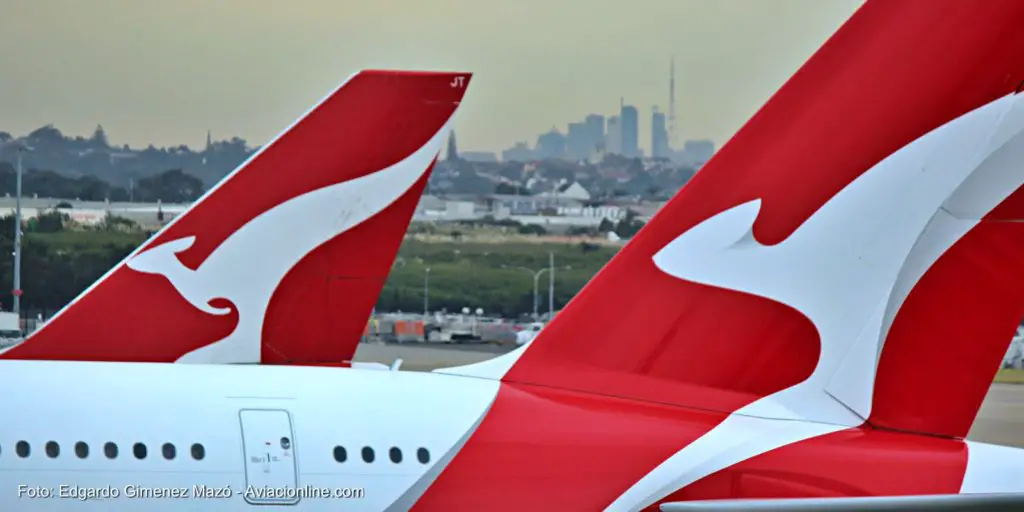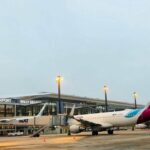The Australian Competition and Consumer Commission (ACCC) announced on Monday morning, September 13, its decision to deny the authorization for the joint venture proposed by Qantas and Japan Airlines, aiming for both airlines to coordinate their flight capacity between Australia and Japan, joining efforts on marketing, merchandising, pricing, loyalty programs and yields, among other issues.
According to the ACCC, this agreement would lead to a reduction in competition as international flights are reinstated, to the detriment of passengers in both markets.
“The ACCC can only authorize an agreement between competitors if the public benefits are satisfied and if they outweigh the harm to competition. The alliance did not pass this test,” said ACCC chairman Rod Sims.
“Airlines have been severely impacted by the pandemic and this has been a very difficult period for them. But preserving competition between airlines is the key to the long-term recovery of the aviation and tourism sectors, once international travel restrictions are eased.” he added.
In 2019 Qantas and Japan Airlines captured around 85% of passenger demand between Australia and Japan, competing head-to-head on the most important route, Sydney – Tokyo, and the only ones with a presence on the second most important, Melbourne – Tokyo.
The ACCC explained that the joint venture would eliminate competition between the two companies and also make it difficult for others to enter the market, citing Virgin Australia as one of those who spoke out in this regard.
Airline reaction
After learning of the ACCC’s decision, Qantas Domestic and International CEO Andrew David said, «We’re obviously disappointed with this decision. A closer partnership between Qantas and Japan Airlines would have meant more routes, better flight connections and more benefits to frequent flyers. None of these benefits will be met following the ACCC’s decision.»
«We know the recovery of international travel is going to be slow and bumpy. It will take years for the whole travel and tourism industry to fully recover from COVID, so getting the policy settings right is going to be critical as key routes are rebuilt essentially from scratch. Getting that right will ultimately benefit the recovery of the Australian economy» he added.
Senior Vice President, Route Marketing, International Relations & Alliances, Ross Leggett, Japan Airlines, said that «Japan Airlines is also truly disappointed with the ACCC’s decision to disapprove our proposed joint business. We especially believed that the joint business with Qantas would have accelerated the recovery of Leisure and Business traffic between Japan and Australia, with clear economic and social benefits to both countries in the extremely challenging environment precipitated by the COVID-19 pandemic.»
Qantas and Japan Airlines had applied to the ACCC for approval of the joint venture in December 2020, initially for a three-year term.
With the Australian regulator’s refusal, both carriers will continue to operate under the current codeshare agreement and the ties they have by belonging to the Oneworld alliance whereas Qantas and Japan Airlines have also been partners in Jetstar Japan since 2012.














